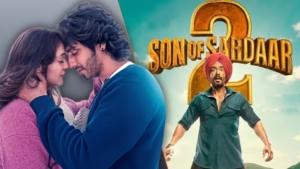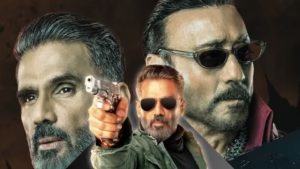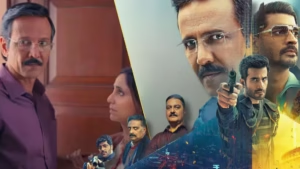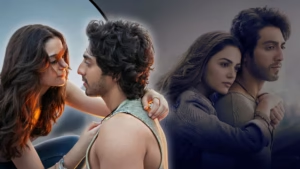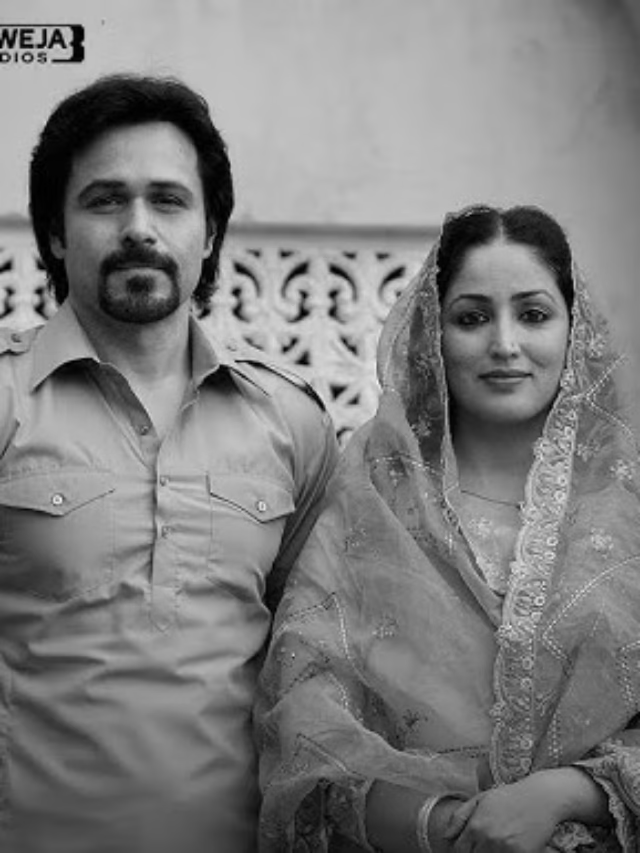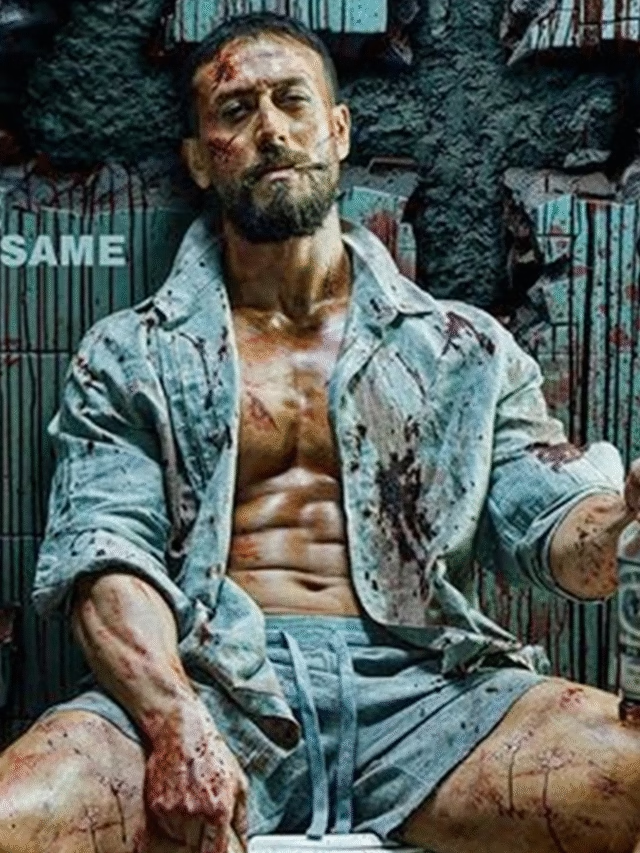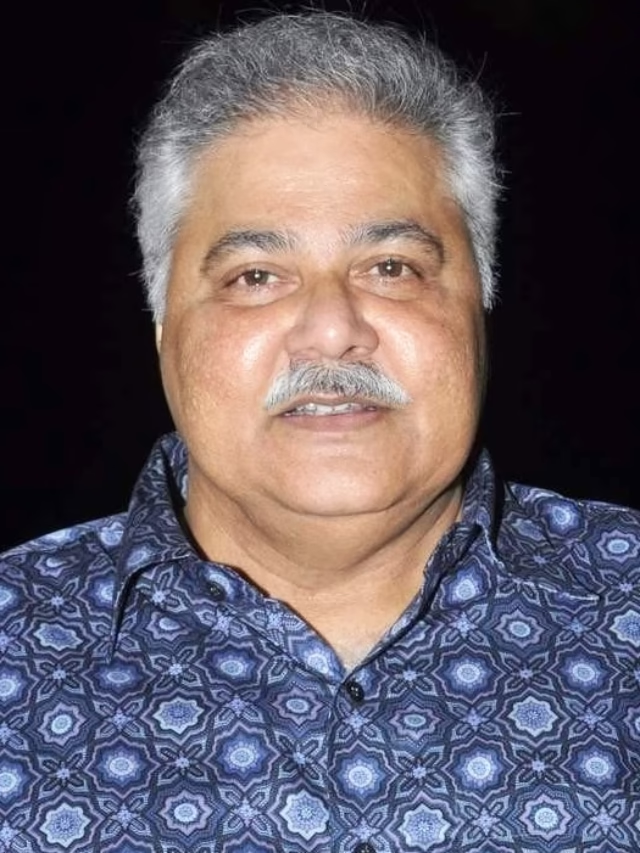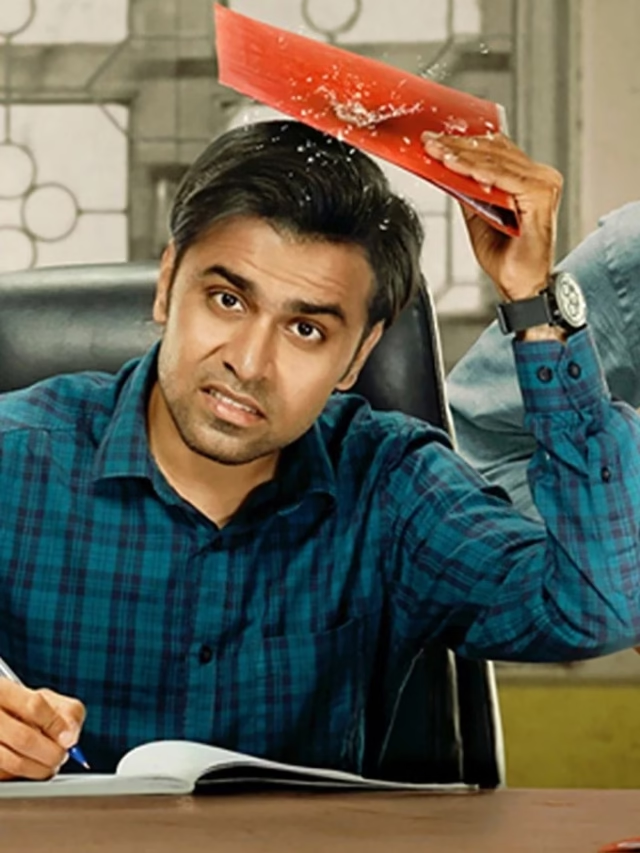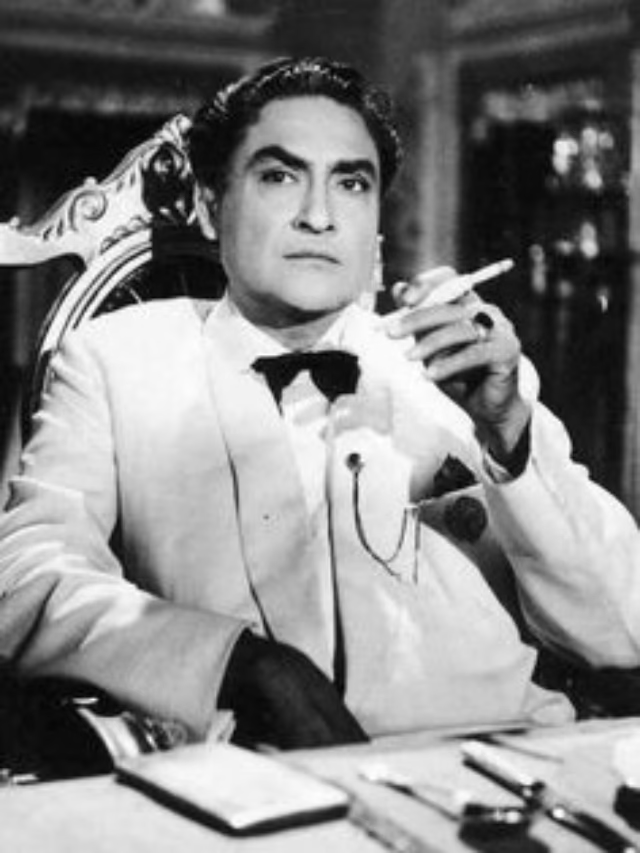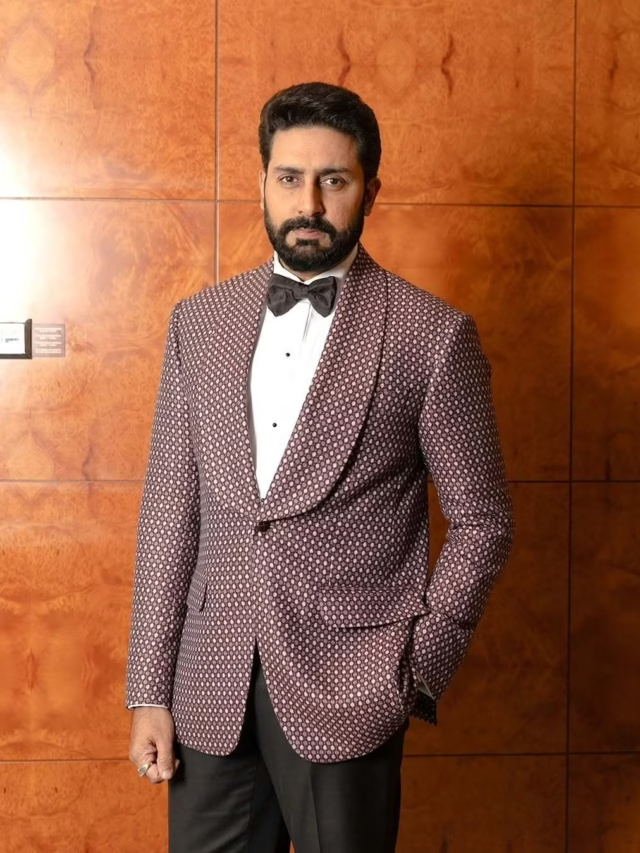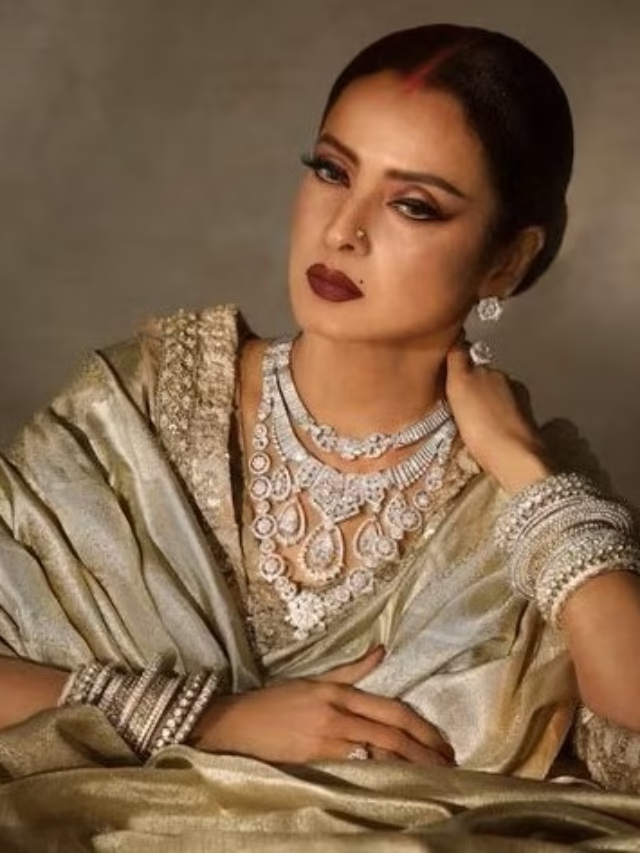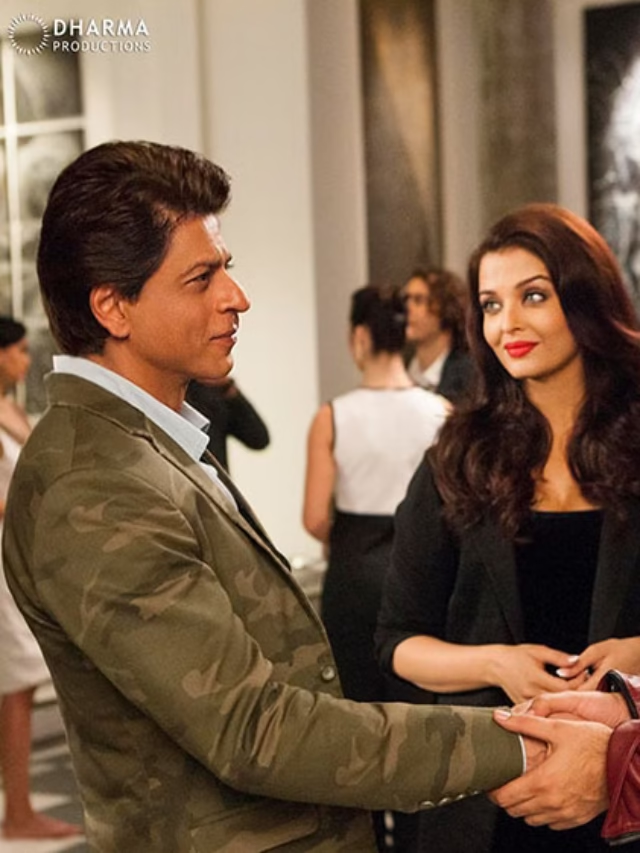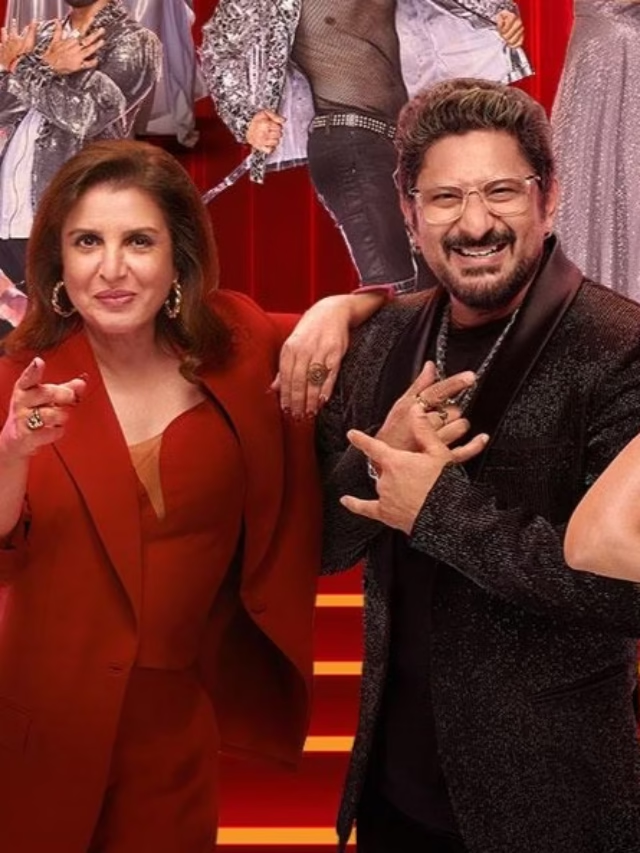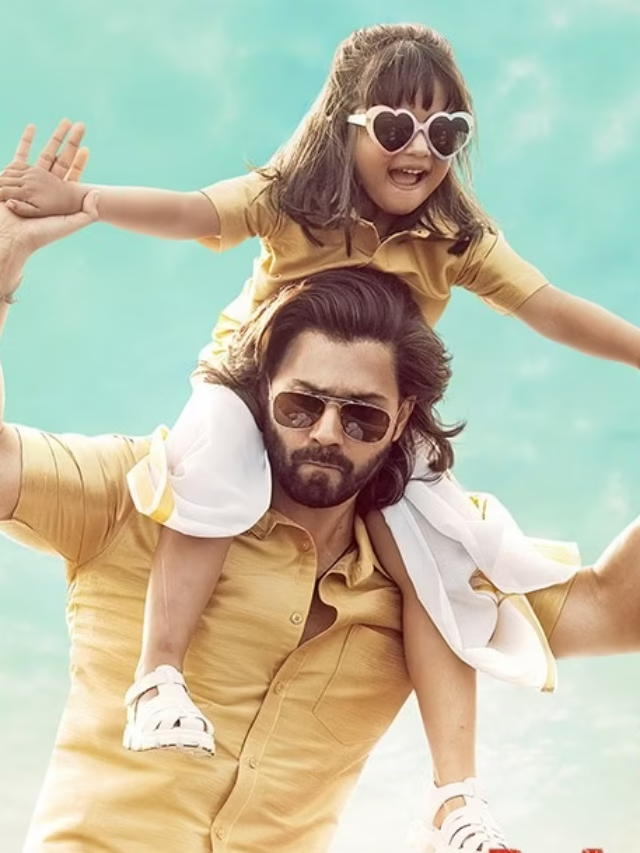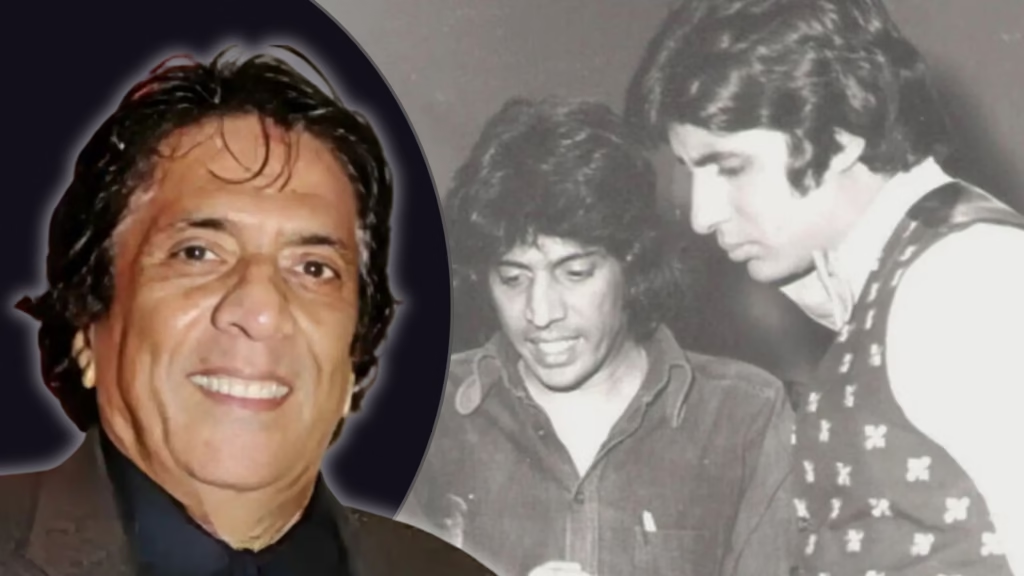
The world of Indian cinema mourns the loss of a pivotal creative force. Chandra Barot director of Amitabh Bachchan’s Don died on Sunday, 21st July 2025, at the age of 86. Having fought valiantly against pulmonary fibrosis for seven years, the veteran director expired in a Mumbai hospital, leaving behind a legacy best summed up in terms of one singular movie that revolutionized Bollywood’s action photography. His wife, Deepa Barot, confirmed the tragic news, relating the entire duration of his long fight.
Barot’s name was forever linked to one of Hindi cinema’s greatest, most thrilling and lasting thrillers. Though his directorial filmography can be kept under wraps, the sheer scale of Don (1978) made him an overnight legend. This was no ordinary film; it was a cultural seismic shift. Featuring iconic Amitabh Bachchan in a defining dual role, Don combined adrenaline-pumping action, quotable lines, and a thumping script that entranced viewers across the country and still resonates today.
The Last Curtain: A Seven-Year Struggle Concludes
Chandra Barot‘s later years were spent fighting a debilitating disease. His wife, Deepa Barot, told the Times of India that he had been bravely battling pulmonary fibrosis for seven years. This chronic lung disease stiffens lung tissue progressively, which makes breathing harder and harder. Barot was being cared for by dedicated Dr. Manish Shetty at Guru Nanak Hospital in Bandra, Mumbai, at the time of his death.
He had also undergone treatment previously at the prestigious Jaslok Hospital. His serene demise brings to a close the troubled medical journey of an actor, now directing our attention towards the celebration of his gigantic contribution to Indian entertainment. The news created waves of despair among the film fraternity, which is a witness to the longevity of his most successful work, even though his later films never managed to scale its dizzying heights.
Tributes Flow In: Farhan Akhtar Pays Tribute to the "OG Don Director"
Chandra Barot, director of Amitabh Bachchan’s Don, was mourned with spontaneous and sincere tributes pouring in from all corners of the industry. At the forefront of the tribute was actor-filmmaker Farhan Akhtar, who has a special connect to Barot’s work. Akhtar directed the massive hit 2006 remake of Don with Shah Rukh Khan and is now working on developing Don 3.
Taking to Twitter, Akhtar was deeply saddened: “Saddened to hear that the OG Don director is no longer with us. RIP Chandra Barot-ji. Deepest condolences to the family.” His moving tweet, accompanied by an image of Barot, highlighted the high regard in which the original mastermind was held. Akhtar’s reference to Barot as the “OG” (Original Gangster) director elegantly captured the seed-taking nature of the 1978 original in giving life to a multi-generational franchise.
This encomium resonated across the board, identifying how Barot’s one-of-a-kind vision set the stage for successive reinterpretations. The remake and sequel not only did homage but established also the eternity of the underlying narrative crafted under Barot’s supervision, cementing his status as the mastermind of a box-office phenomenon.
From East Africa to Bollywood Dreams: Chandra Barot's Journey
Chandra Barot’s career path to the director of one of Bollywood’s largest blockbusters was anything but typical. Born in Tanzania, his life was forever changed because of the racial disturbances sweeping East Africa in the 1960s. In search of refuge and better prospects, Barot and his family made the critical move to India in 1967. This set him in the middle of the booming Hindi film industry at one of its most active times.
Similar to many hopeful filmmakers, Barot began at the bottom. He refined his skills working tirelessly as an assistant director on a variety of projects, mastering the complex in’s and out’s of filmmaking. It was during this period of apprenticeship that he developed the technical acumen and industry savvy that he would then put into use with such panache. His break came unexpectedly, not so much an accident of talent as of loyalty and a readiness to act during a crisis.
The Origins of a Masterpiece: How Don Overcame the Odds
The origin of Don is a tale of good fortune and determination. The venture came to Chandra Barot’s doorstep from actor-producer Nariman Irani. Irani was in dire financial straits after the box office failure of his last outing, Zindagi Zindagi (1972). As an act of good will, Barot and his crew surrounded Irani and offered to direct a new film to assist him in getting back on his feet.
The script they selected had also been rejected by its fair share. Written by the legendary screenwriting team Salim Khan and Javed Akhtar (Salim-Javed), the tale of a crime baron and his doppelganger had been rejected by the top stars of the time, among them Dev Anand, Dharmendra, and Jeetendra. Not one to be deterred, Barot recognized potential where others did not. He was an advocate of the script and saw Salim-Javed’s complex story come alive.
Strategically, Barot cast the then-emerging but not yet superstar Amitabh Bachchan in the two lead roles. It was a choice that was nothing short of brilliant. Barot’s direction skillfully navigated the dark charisma of Don and the vulnerable innocence of Vijay to bring out Bachchan’s incredible range and force to a level that propelled him into the arena of megastardom.
Don: The Film That Made Amitabh Bachchan The Superstar
Chandra Barot gave us not only a hit but a cultural reboot. Coming out in 1978, Don was a instantaneous and monumental box-office success. Fans were captivated by its chic action scenes, snappy dialogue (“Don ko pakadna mushkil hi nahin, namumkin hai”), best-selling music by Kalyanji-Anandji (particularly the legendary “Khaike Paan Banaras Wala“), and, most of all, Amitabh Bachchan’s dynamite performance.
The movie not only entertained, but it reconfigured the Hindi action thriller genre. It departed from the more rural or family-based conflicts that were then common, presenting a smooth, urban, and international-sounding criminal network. Bachchan’s characterisation of the urbane, callous Don set the benchmark for the anti-hero in Indian films. Barot’s assured direction further enhanced by the pace and visual elements.
Don was more than just a milestone for Bachchan; it was the movie that emphatically established him as the “Angry Young Man” and the undisputed star of his generation. Barot captured lightning in a bottle, casting Bachchan in a performance that ideally made the most of his singular screen presence – a combination of seething intensity, effortless cool, and irrepressible magnetism.
A Pan-Indian Phenomenon: Don's Legacy of Remakes
The success of Don, director of Amitabh Bachchan’s Don, wasn’t limited to the Indian film industry. The film’s powerful central premise – the mighty don and his unwitting doppelganger – resonated with audiences everywhere. Don went on to become one of the most remade Indian films of all time, a reflection on its powerful story and Barot’s good telling.
Only a year after the original, N.T. Rama Rao (NTR) led the Telugu remake, Yugandhar (1979). The Tamil production, Billa(1980), with Rajinikanth was the turning point in the career of the actor, highly enhancing his ascent to superstardom and creating his own legendary style. The Malayalam public received their version with Shobaraj (1986), with young Mohanlal playing the lead, further proving the film’s versatility.
The Billa franchise itself gave rise to several iterations in Tamil, including reboots in 2007 and 2012 featuring Ajith Kumar, which proved commercially successful. The Telugu remake of Billa (2009) starred Prabhas, demonstrating the story’s timelessness over decades and language lines. Barot’s original work was remarkably fertile soil for reinterpretation.
The Shadow of Don: Barot's Unfulfilled Directorial Journey
Even after producing a cinematic milestone, Don director Chandra Barot, who directed Amitabh Bachchan’s Don, couldn’t replicate that monumental success at all. The exorbitant pressure and astronomical expectations in the wake of Don’s box office pyre were not easy to handle. Although he worked on in the trade, his later directorial efforts couldn’t achieve the same enchantment or connect with the audience.
He directed two Bengali movies: Aashrita (1989) and Pyar Bhara Dil (1991). Sadly, none of these efforts found much commercial or critical success. More tragically, some other ambitious Hindi films Barot tried to produce were left unfinished or unreleased. Ventures such as Boss and Neil Ko Pakadna… Impossible went nowhere, casualties of sundry production issues and maybe the daunting shadow of his debut masterpiece.
This unrealized potential creates a bittersweet quality to Barot’s career. He had the skill and vision to produce a career-defining, all-time great film, but the opportunity never arose for him to establish a more substantial body of work. His path remains a reminder that the capricious and challenging nature of the film business is often at odds with talent and capability.
The Lasting Franchise: Don's Legacy Lives On
Though the directorial work of Barot slackened, the world he had built with Don kept on growing. Years after the original, the franchise got a second lease on life. In 2006, Farhan Akhtar, son of Don’s co-writer Javed Akhtar, made a stylish and successful remake of the classic. Starring Shah Rukh Khan in the double role, this remake referenced Barot’s original but remade it for a new generation. The credits of the film went out of their way to dedicate it to Chandra Barot.
The 2006 Don was a huge success, giving rise to an equally successful sequel, Don 2 (2011). The baton is once again being passed on. Farhan Akhtar is working on Don 3, which will have Ranveer Singh play the iconic role, with Kriti Sanon by his side. This ongoing mutation – from Barot’s 1978 masterpiece to several remakes and now a third entry in the rebooted franchise – is maybe the greatest indicator of the power of the original idea and execution.
The enduring life of the Don narrative, newly discovered audiences and versions of meaning continuously being found, guarantees that Chandra Barot, director of Amitabh Bachchan’s Don, never will be forgotten. His work outlived its time to become a self-perpetuating film legacy.
Farewell to a Visionary: Chandra Barot's Place in Cinema History
Chandra Barot’s death seals the end of a monumental chapter in Indian cinema. Though his filmography may be characterized largely by one gigantic film, its influence cannot be measured. Director of Amitabh Bachchan’s Don, Chandra Barot, left behind a classic thriller that redefined a genre, indelibly stamped a superstar, and birthed a multi-generational franchise.
His path – from East Africa to the top of Bollywood, producing a classic against all expectations, and then dealing with the intrigues of maintaining success – is an interesting story in itself. He showed great vision in seeing the promise of the Salim-Javed script and Amitabh Bachchan’s box office draw, working with both to a style that won the country’s hearts.
While subsequent ventures went unfulfilled, Don is his towering triumph. It still delights, inspires redoing, and inspires filmmakers. As audiences revisit the classic’s iconic scenes – the swag, the thriller, the unforgettable soundtrack – and as fresh installments such as Don 3 come along, Chandra Barot’s work remains the bedrock. He might have made just one genuine blockbuster, but its shadow will fall for as long as Indian cinema captivates audiences. Rest in peace, Chandra Barot-ji. Your Don was truly one-of-a-kind.
